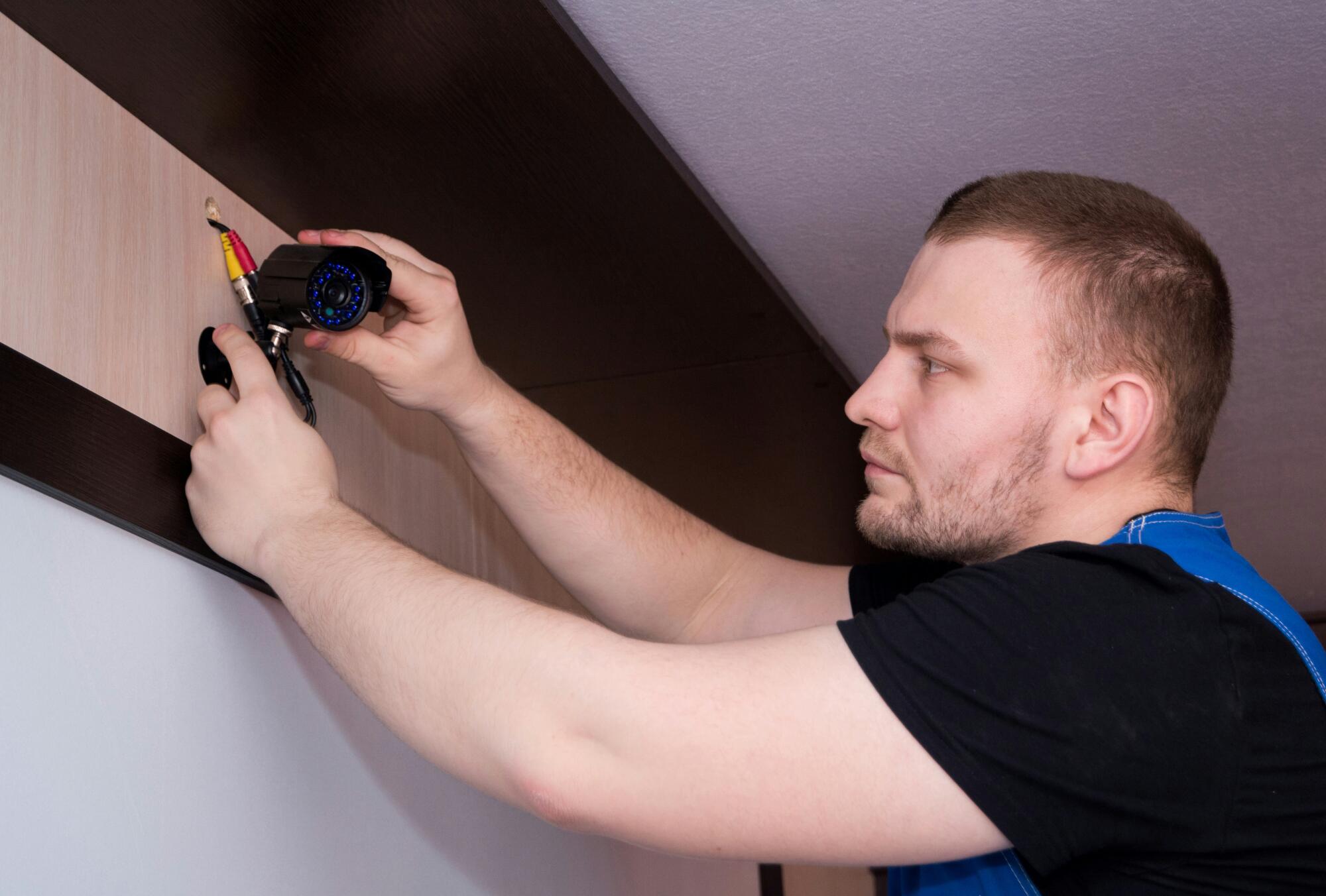A recent study has predicted the annual expected repair costs for residential foundations in Florida could reach as much as $90 million by 2100 due to sea level rises in a changing climate. This is where a comprehensive foundation inspection checklist becomes crucial. By following a detailed guide, you can catch potential problems early, ensuring safety and longevity.
The foundation of your home is not just the literal base of your property; it’s the bedrock of your peace of mind. Imagine walking through your Ocala home and noticing a crack in the wall or an uneven floor. These small signs can lead to significant worries about structural integrity.
This article provides a thorough checklist that will help you maintain your Ocala home’s structural health. Read on to discover how you can protect your investment and secure your home’s future with our foundation inspection guide.
Exterior Foundation Inspection Checklist
When inspecting the exterior of your home, start by looking for visible cracks and fissures in the foundation itself. Small hairline cracks are usually normal, but larger cracks can indicate serious structural problems.
Check the grading around your foundation. The ground should slope away from the house to prevent water from pooling around the base. Poor drainage can lead to water seeping into the foundation, causing erosion and weakening the structure.
Next, evaluate the condition of your exterior walls. Look for signs of settling, such as walls that bow outward or have visible gaps.
Also, check for water damage or erosion marks around the base of the walls. These can be signs of improper drainage or previous flooding.
Inspecting the downspouts and gutters is another crucial step in your exterior foundation inspection. Ensure they direct water away from the house efficiently. Blocked or damaged gutters can overflow and lead to water pooling near the foundation which can exacerbate any existing issues.
Interior Foundation Inspection Checklist
Moving inside, inspect the interior walls for cracks and misalignments. Cracks that appear in a stair-step pattern on masonry walls or horizontal cracks are particularly concerning.
These can indicate significant structural issues. Use a level to check floors for unevenness or sloping, which might suggest foundation settling.
Windows and doors can also provide clues about your foundation’s health. If they are difficult to open or close, or if there are gaps around the frames, this could indicate that the foundation has shifted. This is a key part of any home safety checklist.
In basements or crawl spaces, look for signs of moisture or mold, which can indicate poor drainage or leaks. Damp or musty smells are red flags. Additionally, check for efflorescence, a white powdery substance on walls, which indicates water infiltration.
Structural Components Inspection
A structural integrity check involves evaluating the condition of support beams and posts within your home. These elements are crucial for maintaining the stability of your structure.
Look for signs of rot, mold, or termite damage on wooden beams. Metal beams should be free of rust and corrosion.
Check load-bearing walls for any signs of stress, such as cracks or bulges. These walls are essential for supporting the upper floors and roof, so any damage here can compromise the entire structure.
Piers and columns should also be inspected for stability. Ensure that they are standing straight and are free from significant cracks or signs of shifting. If these elements are compromised, the entire home can become unstable.
Specialized Inspection Tools and Techniques
Modern technology offers several tools to make foundation inspections more thorough. Moisture meters can detect hidden water damage behind walls or under floors.
These tools measure the moisture content of materials. This helps to identify areas where water infiltration may be occurring. High moisture levels can signal things such as:
- Leaks
- Poor drainage
- Plumbing issues
These problems, if left unchecked, could compromise the foundation’s integrity.
Laser levels are another useful tool as part of the foundation inspection process. They can precisely measure the level of the foundation and floors. These can detect even minor shifts that might not be visible to the naked eye.
Using laser technology ensures accuracy and helps in identifying early signs of settling or uneven stress distribution across the foundation.
Thermal imaging cameras can identify temperature variations within walls and floors. This can often indicate hidden moisture or insulation issues.
These tools provide a non-invasive way to spot potential problems before they become visible and more costly to repair. By highlighting areas of heat loss or water ingress, thermal imaging technology helps target specific spots for further investigation or immediate repair.
Importance of Professional Inspections
While DIY inspections can help catch obvious issues, professional inspections are essential for a thorough evaluation. Certified inspectors bring experience and expertise that ensure no detail is overlooked. They can identify subtle signs of damage and understand the specific challenges of Ocala property maintenance.
Professional inspections also come with detailed reporting and follow-up. This documentation provides a clear picture of the foundation’s condition and recommendations for any necessary repairs or maintenance.
This level of detail is invaluable for homeowners. It gives them peace of mind and actionable steps to protect their investment both now and in the future.
Ocala’s climate, with its humid conditions and occasional heavy rains, can lead to specific foundation problems. The soil in this region can expand and contract with moisture changes and put stress on foundations. Regular inspections and maintenance can prevent minor issues from becoming major problems.
Protect Your Home’s Foundation with Comprehensive Inspections
Maintaining your Ocala home’s foundation ensures its long-term stability and safety. This foundation inspection checklist has outlined the crucial steps you need to take to safeguard your property. By performing regular inspections and addressing issues promptly, you can avoid costly repairs and maintain the value of your home.
At Central Florida Building Inspectors, we offer expert foundation inspection services for your property. Our certified inspectors provide thorough evaluations and detailed reports to give you peace of mind. Contact our expert team today and let us help you protect your home’s foundation and your investment.










